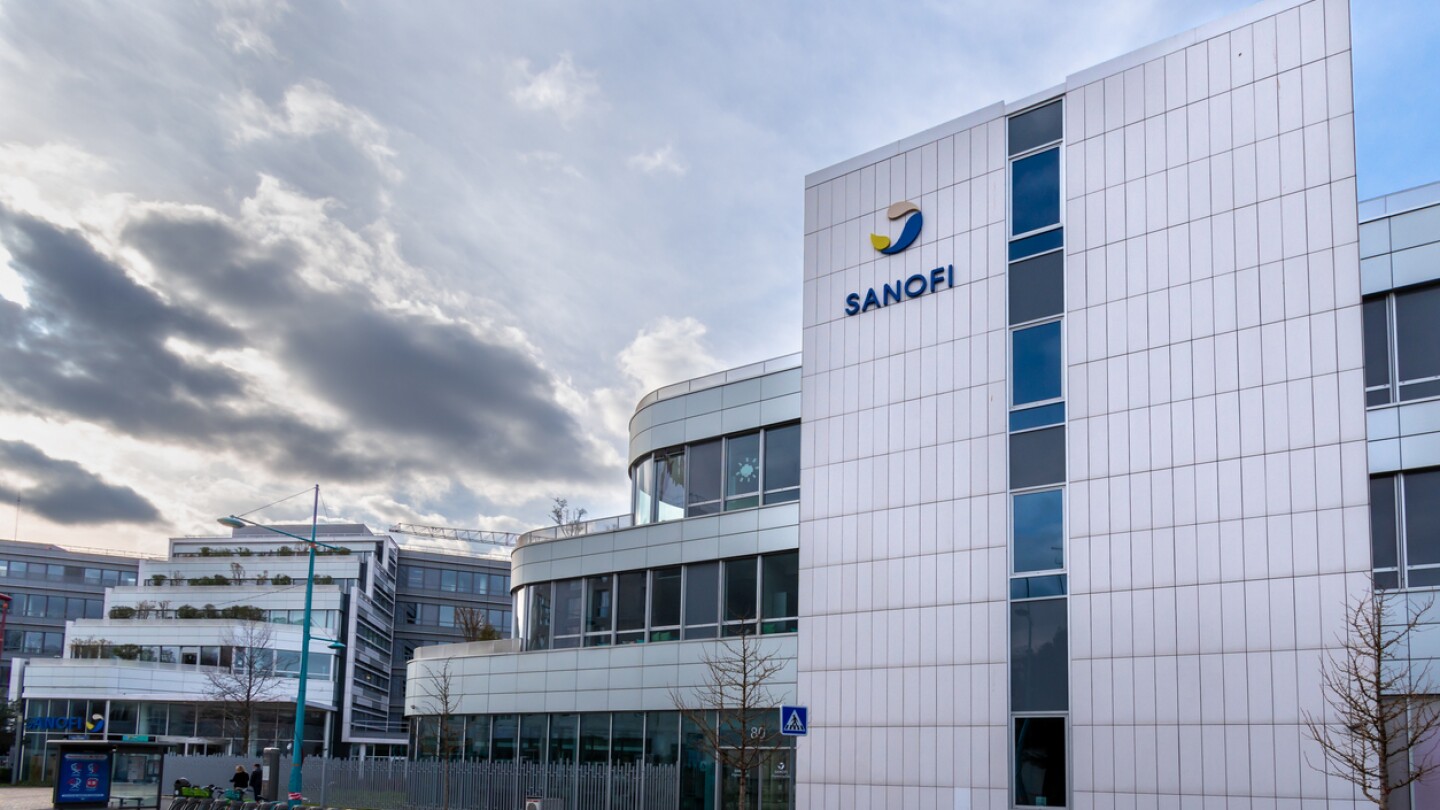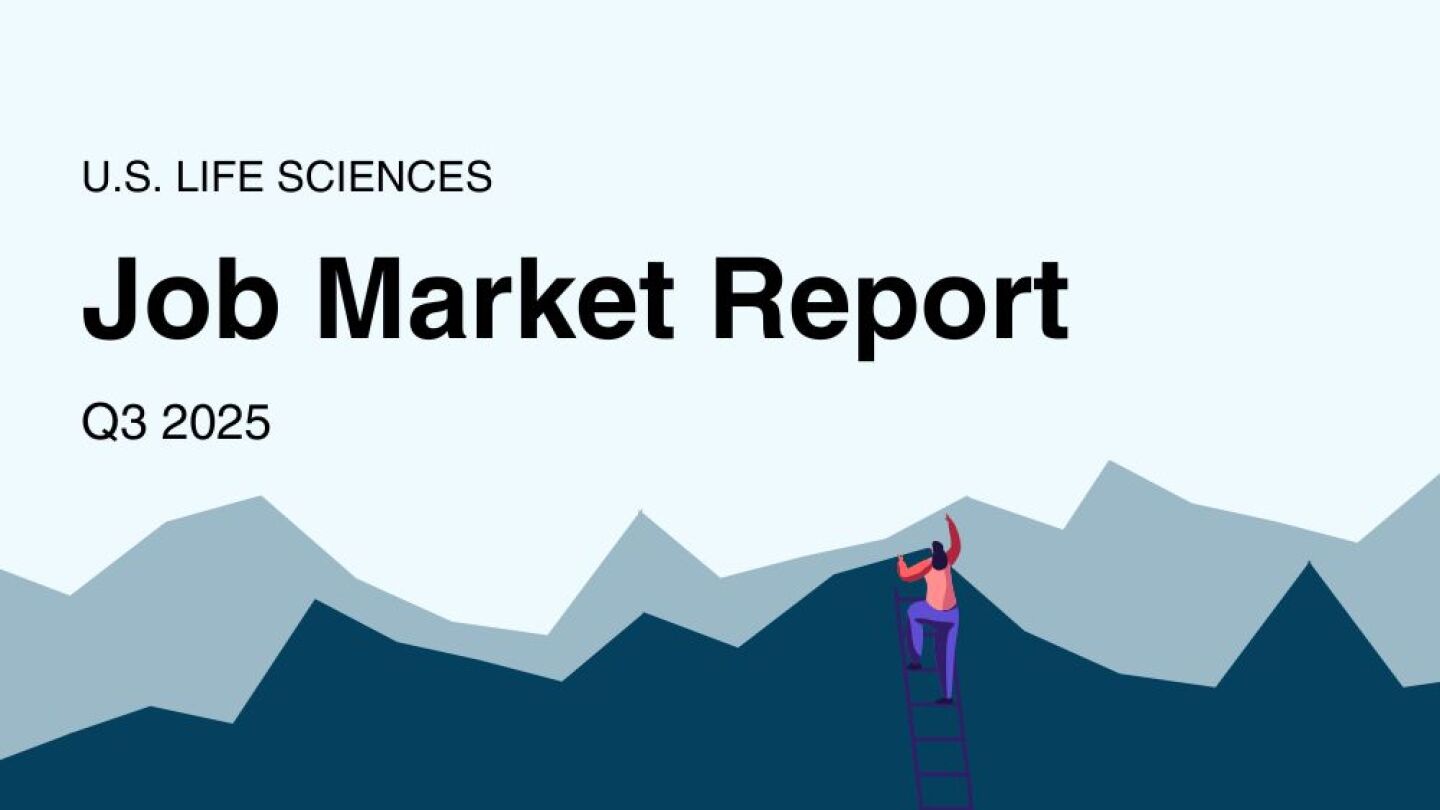News
Looking for a biopharma job in New York? Check out the BioSpace list of eight companies hiring life sciences professionals like you.
FEATURED STORIES
Small and large drugmakers alike have made big, proactive moves to secure the production capacity that will be vital to serving the weight loss market.
The FDA’s proposed Rare Disease Evidence Principles review process is a starting point for getting rare disease therapies across the finish line, but industry leaders say there are more concrete steps the regulator could take to help patients.
With AbbVie’s $1.2 billion acquisition of Gilgamesh Pharmaceuticals’ lead depression drug, the psychedelic therapeutics space has soundly rebounded from Lykos’ rejection last year. There are now seven programs in Phase III trials across the sector, with multiple companies vying for that first approval.
Job Trends
Takeda announced that LIVTENCITY® has been approved by the Japanese Ministry of Health, Labour and Welfare for post-transplant cytomegalovirus infection/disease that is refractory to existing anti-CMV therapies
FROM OUR EDITORS
Read our takes on the biggest stories happening in the industry.
Unpredictable communication and a lack of transparency are eroding the industry’s and the public’s trust. The FDA, experts agree, needs to take control of the narrative.
THE LATEST
The partners have yet to disclose what their priority indications are, though EVOQ’s NanoDisc technology aims to enable the development of potentially curative treatments for autoimmune conditions such as celiac disease and type 1 diabetes.
An unnamed source clarified that Sandra Retzky has not been fired from the FDA, but it remains unclear where she was reassigned.
Veradermics is the second hair regrowth specialist to fundraise this week, after Pelage Pharmaceuticals announced Wednesday it had brought in $120 million for its own therapy.
BioSpace’s Q3 2025 U.S. Life Sciences Job Market Report reveals a turbulent quarter for biopharma hiring, with record declines in job postings, rising layoffs, and cautious employer sentiment shaping the industry’s employment landscape.
Due largely to CSL, Merck and Novo Nordisk’s reorganizations that could total about 19,350 people, Q3 cuts rose significantly year over year and quarter over quarter, based on BioSpace tallies.
Novo Nordisk strikes another deal, this time with Omeros, amid a broader pipeline restructuring that recently claimed its cell therapy work.
After beating Novo Nordisk’s semaglutide last month, Lilly’s much anticipated oral candidate orforglipron has taken down AstraZeneca’s Farxiga in a head-to-head trial.
Despite announcing a broad pivot to siRNA earlier this year, Sarepta is following through with an investigational gene therapy: its limb-girdle muscular dystrophy candidate. But the treatment’s path forward, analysts say, is highly uncertain.
The company is pursuing a Phase III trial for its topical stem cell-rejuvenating molecule that aims to reactivate hair growth.
2025 has been a busy year for Boehringer Ingelheim, which has so far inked at least five hefty partnerships—including its latest one with South Korea’s AimedBio for an antibody-drug conjugate therapy for cancer.

















